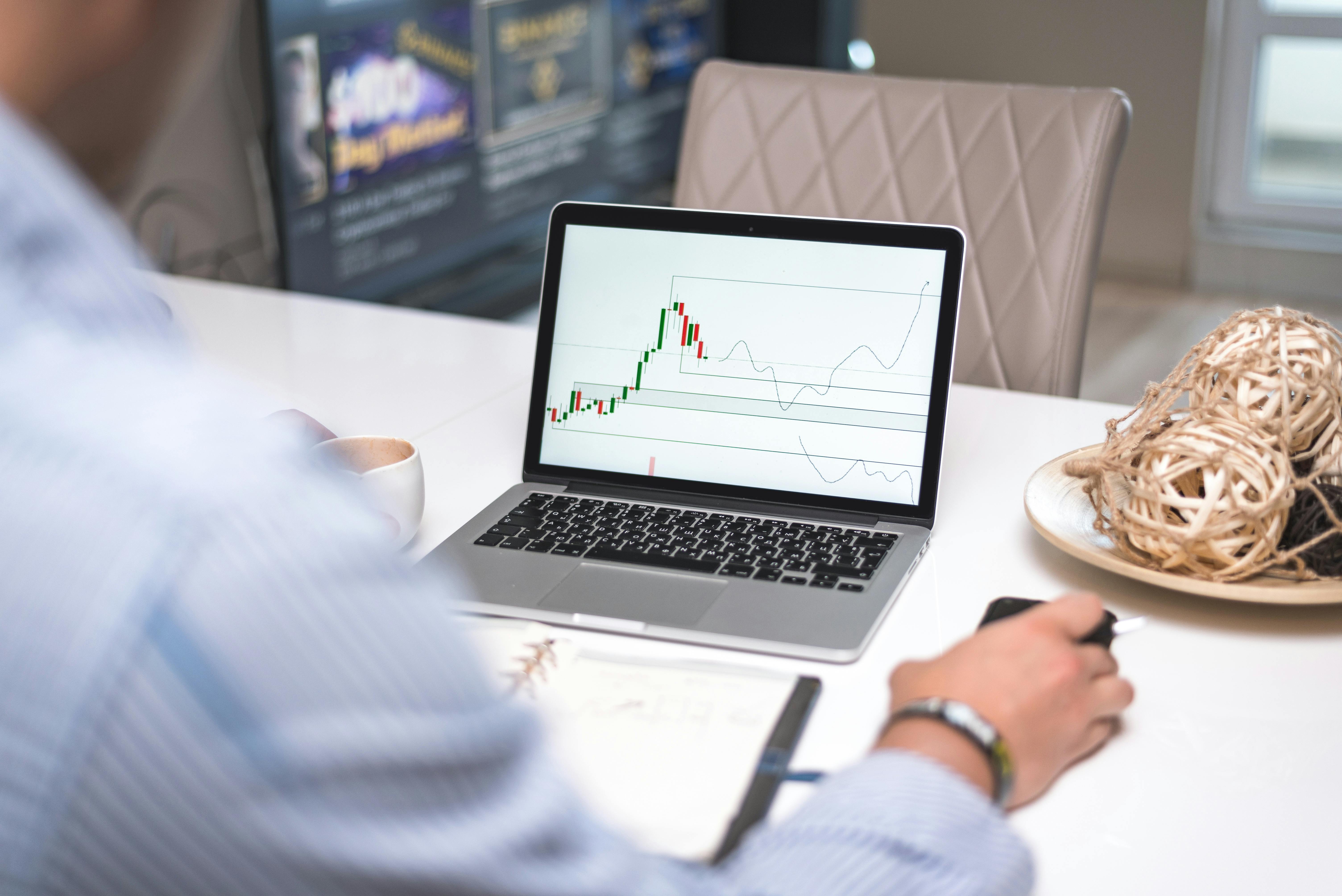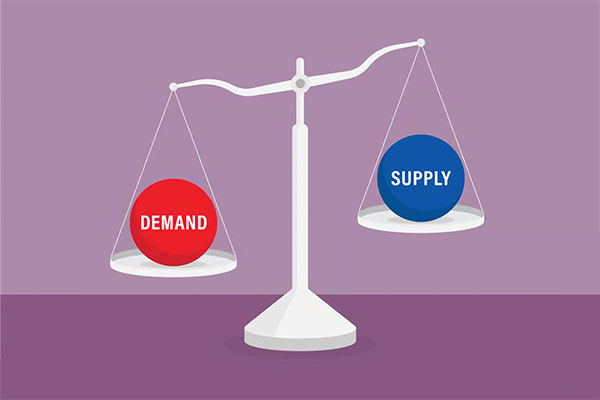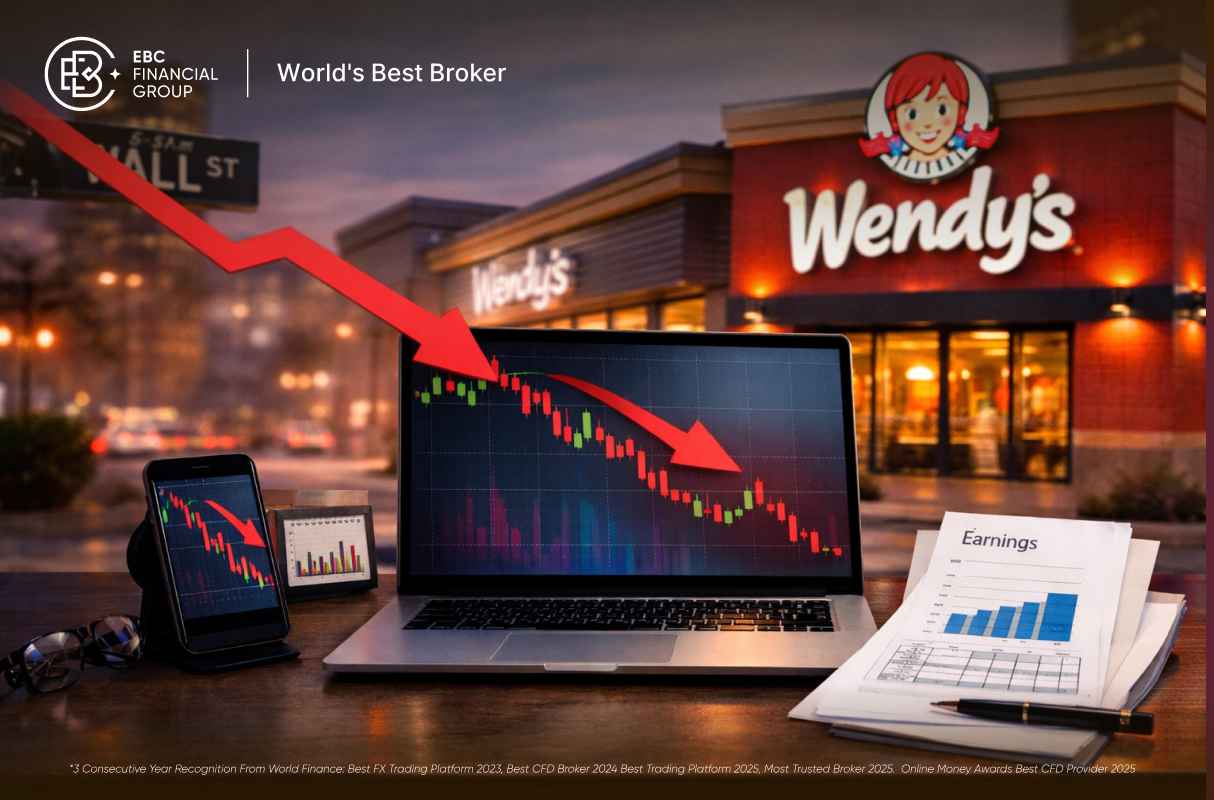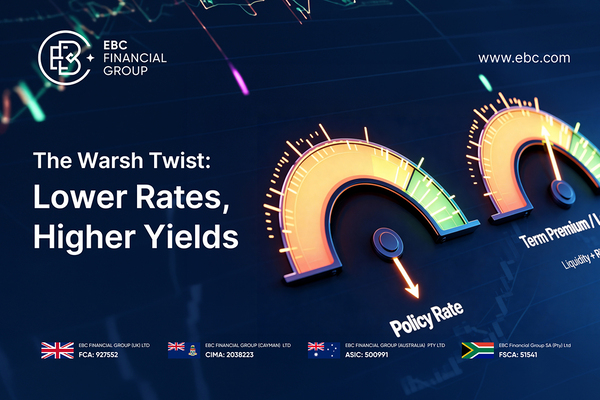In the vast world of currency markets, it is easy to believe that success comes from luck, a single winning trade, or insider information. Yet seasoned forex traders will tell you the truth: the difference between profit and loss is not one big breakthrough but the habits that guide everyday decisions.
Habits shape how forex traders read charts, manage risks, and react to losses. They influence discipline, strategy, and resilience in the face of volatility. While anyone can open a trading account and place orders, only those who develop the right habits consistently achieve long-term success. This article explores what successful forex traders do differently and how those behaviours can be applied by anyone looking to elevate their trading journey.

Habit One: Mastery of Risk Management
Perhaps the most consistent trait of successful forex traders is their respect for risk. The market is unpredictable, and no strategy guarantees a profit every time. Risk management ensures that a single trade never wipes out months of gains.
Instead of chasing high returns recklessly, forex traders who succeed determine position size carefully, often risking only a small percentage of their capital per trade. They use stop-loss orders not as an afterthought but as a non-negotiable part of their system. This habit protects them from emotional decision-making, allowing them to survive losing streaks and preserve capital for future opportunities.
Habit Two: Patience and Discipline
The temptation to overtrade is one of the biggest pitfalls in the market. Successful forex traders resist this urge by exercising patience. They wait for setups that meet their criteria instead of forcing trades. Their discipline extends beyond entries and exits — it defines their daily routine, risk controls, and record-keeping.
Markets move every second, but not every movement offers a viable trade. Successful forex traders accept this reality. By staying disciplined, they avoid burnout, emotional trading, and poor decisions that erode profitability.
Habit Three: Consistent Learning and Adaptability
Forex is not static. Central banks adjust policies, economies shift, and geopolitical events reshape markets overnight. Successful forex traders never stop learning. They read economic reports, follow central bank announcements, and study market history to stay ahead.
More importantly, they adapt their strategies as conditions change. A system that worked during a low-volatility environment may fail when currencies face heightened uncertainty. By updating their approach, forex traders remain flexible and resilient.
Habit Four: Keeping Emotions in Check
Emotions are among the strongest enemies of profitability. Greed can drive a trader to risk too much, while fear can push them to exit trades too early. Successful forex traders cultivate emotional discipline.
They treat trading as a business rather than a gamble. Wins are celebrated but not exaggerated; losses are accepted as part of the process. By maintaining a balanced mindset, they avoid revenge trading and the dangerous spiral of chasing losses.
Habit Five: Clear Trading Plans
Another defining habit is the reliance on structured trading plans. A plan outlines entry rules, exit strategies, and risk tolerance. Instead of improvising in the heat of market action, successful forex traders let their plans guide them.
This habit transforms trading from impulsive guesswork into a methodical process. It also makes reviewing performance easier, since traders can compare results against their original plans to identify strengths and weaknesses.
Habit Six: Continuous Performance Review
Markets evolve, and so must traders. Successful forex traders dedicate time to reviewing their past trades, analysing what worked and what failed. They keep trading journals, recording not only numbers but also emotions and reasons for decisions.
By reflecting on both winning and losing trades, they spot patterns in their behaviour. This self-awareness allows them to refine strategies, correct mistakes, and strengthen good habits. It is this cycle of review and adjustment that separates consistent profitability from stagnation.
Habit Seven: Focus on Long-Term Growth
While many enter forex trading dreaming of overnight riches, successful forex traders think in years, not days. They set realistic goals, compounding gains over time rather than chasing quick wins. This perspective helps them endure drawdowns and stick with strategies that have proven effectiveness over the long term.
Short-term volatility matters less to them than the bigger picture. They treat each trade as one step in a marathon rather than a sprint. By doing so, they build sustainable success instead of gambling away capital on risky bets.
Habit Eight: Strong Preparation Before Every Session
Professional forex traders do not wake up and place random trades. They begin their day with preparation. This often includes reviewing global news, checking technical levels, and aligning their outlook with market sentiment.
Preparation reduces uncertainty and boosts confidence. When traders know what to expect, they react rationally to market events instead of panicking. Successful forex traders also know when not to trade, avoiding low-liquidity sessions or choppy conditions that can lead to poor outcomes.
Habit Nine: Respect for Leverage
Leverage is both a blessing and a curse in forex trading. It amplifies profits but also magnifies losses. Successful forex traders understand this double-edged sword and use leverage cautiously.
Rather than maxing out margin to chase returns, they maintain modest leverage ratios. This conservative approach ensures they can survive adverse moves without wiping out their accounts. Respect for leverage is not just a technical skill but also a mindset of caution and responsibility.

Habit Ten: Viewing Trading as a Business
Perhaps the ultimate habit that defines successful forex traders is treating trading as a serious business. They keep records, measure performance, allocate resources, and manage risk just as any entrepreneur would.
They invest in tools, education, and strategies, understanding that profitability requires commitment. Viewing trading as a business also fosters professionalism, ensuring consistency and accountability in every decision.
Final Thoughts: What Sets Successful Forex Traders Apart
The difference between those who thrive in the forex market and those who struggle rarely lies in access to information or even trading strategies. The real distinction is in habits. Successful forex traders build routines that prioritise risk control, discipline, continuous learning, and long-term focus.
These habits not only improve performance but also provide peace of mind in a market known for volatility. By understanding and adopting these practices, any trader can take a step closer to long-term profitability and stability in forex trading.
Disclaimer: This material is for general information purposes only and is not intended as (and should not be considered to be) financial, investment or other advice on which reliance should be placed. No opinion given in the material constitutes a recommendation by EBC or the author that any particular investment, security, transaction or investment strategy is suitable for any specific person.



























